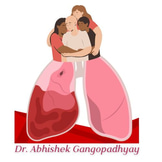
Cancer May Start The Fight, But Together
We Finish It — With Hope, Courage, And Care❤

Dr. Abhishek Gangopadhyay is a highly skilled GI, HPB, and Thoracic Cancer Surgeon with advanced training and extensive experience in managing complex cancers involving the gastrointestinal tract, liver, pancreas, biliary system, and chest. With an MCh in Surgical Oncology, MS in General Surgery, and the prestigious MRCS (England), he brings a comprehensive and multidisciplinary approach to cancer care.
Renowned for his expertise in minimally invasive cancer surgeries, Dr. Gangopadhyay has a special interest in treating colorectal cancer, gastroesophageal cancers, hepatobiliary malignancies, gallbladder cancer, and pancreatic tumors, along with retroperitoneal and thoracic tumors. He also performs advanced procedures such as cytoreductive surgery and HIPEC.
As one of the founding members of the GI Oncology Department at Chittaranjan National Cancer Institute (CNCI), Kolkata, he played a key role in establishing the Liver Surgery Program and West Bengal's first superspecialty surgical oncology training program. His commitment to academic excellence and patient-centered care has earned him multiple gold medals, national recognition, and numerous international publications.
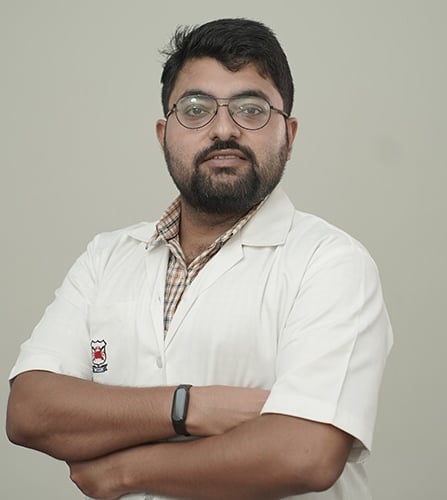

About
Dr. Abhishek Gangopadhyay
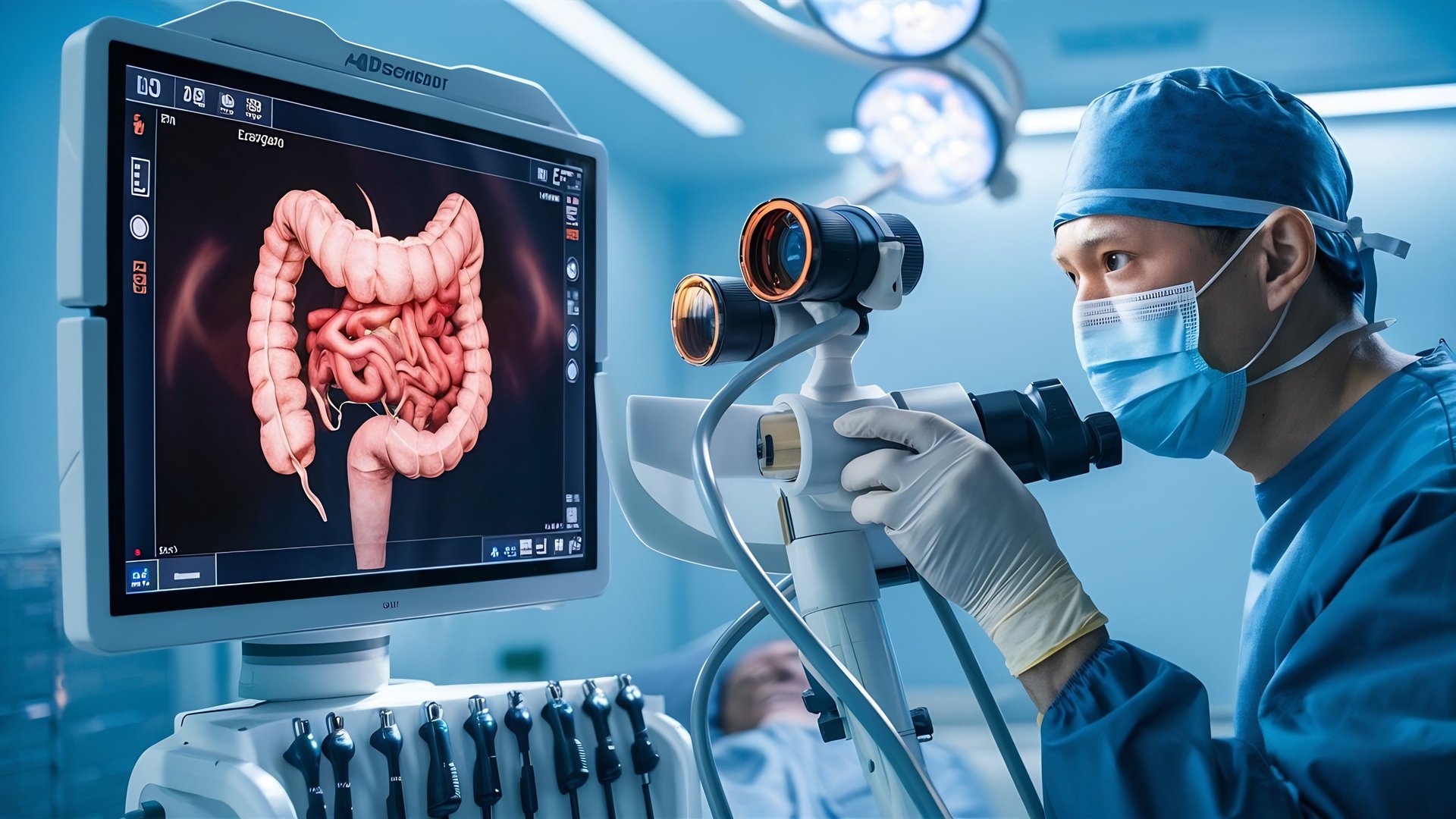
GI, HPB & Thoracic Cancer Surgery
Expertise in GI, HPB & Thoracic Cancer Surgery
Dr. Abhishek Gangopadhyay is a highly dedicated and accomplished surgeon specializing in Gastrointestinal (GI), Hepatopancreatobiliary (HPB), and Esophageal surgery, with particular expertise in minimally invasive surgical techniques. He is deeply committed to delivering advanced, patient-centered care through a multidisciplinary approach, especially in the management of malignancies affecting the GI and HPB systems.Dr. Gangopadhyay’s distinguished career includes serving as the founding faculty of the GI-HPB and Thoracic Oncology Department at a regional cancer center, where he also played a pivotal role in establishing the state’s first MCh super-specialty training program in this domain. His leadership reflects his unwavering dedication to improving outcomes for cancer patients.With a strong passion for integrating evidence-based medicine and cutting-edge technology into clinical practice, Dr. Gangopadhyay continuously strives to enhance the quality of life and long-term outcomes for patients battling complex cancers.

Treatments Offered






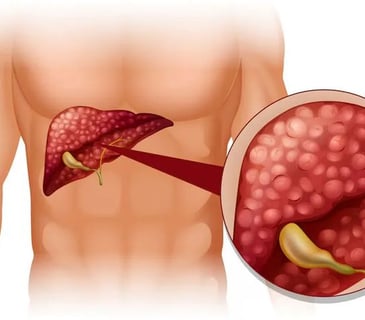

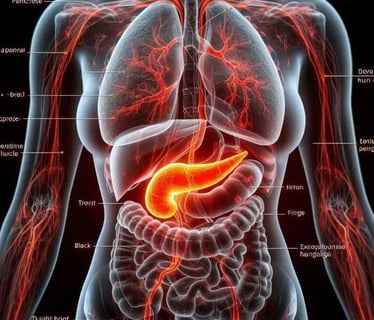

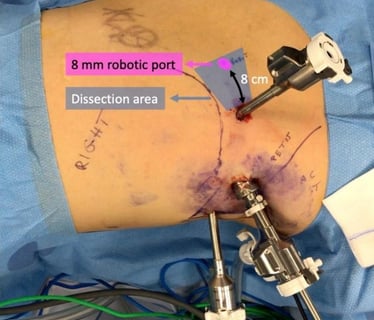

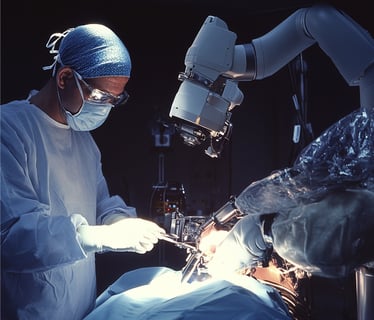

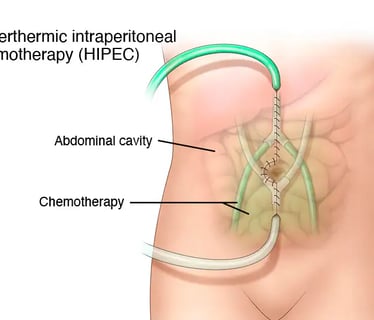

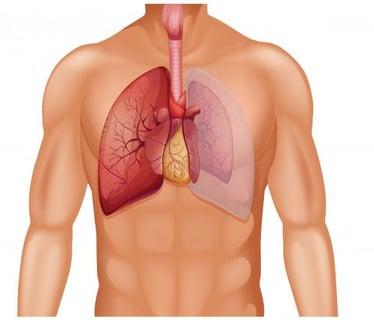

Colorectal Cancer
Gastro-Esophageal Cancers
Hepatobiliary Malignancies
Gallbladder Cancer
Pancreatic surgery
Retroperitoneal Tumor Surgery
Minimally Invasive Cancer Surgery (Laparoscopic & Thoracoscopic)
Cytoreductive Surgery With HIPEC
Thoracic cancer surgery

What is gastrointestinal (GI) cancer and which organs does it affect?
FAQs on Gastrointestinal, Hepato-Pancreato-Biliary & Thoracic Cancers
Gastrointestinal (GI) cancer refers to a group of cancers that affect the digestive tract. This includes the esophagus, stomach, small intestine, large intestine (colon and rectum), liver, gallbladder, pancreas, and anus. These cancers can vary in symptoms and severity depending on the location and stage.
What does HPB cancer stand for, and which parts of the body are involved?
What types of thoracic cancers are most common?
HPB cancer stands for Hepato-Pancreato-Biliary cancer, which includes cancers of the liver (hepato), pancreas (pancreato), and biliary system (biliary tract and gallbladder). These are often complex cancers that require specialized surgical and medical care.
What are the early symptoms of GI, HPB, and thoracic cancers?
The most common thoracic cancers include:
Lung cancer (non-small cell and small cell types)
Esophageal cancer
Thymic tumors
Pleural mesothelioma (cancer of the lining around the lungs)
These cancers occur in the chest cavity and often require a multidisciplinary approach involving surgery, chemotherapy, and radiation.
How are GI, HPB, and thoracic cancers diagnosed?
Early symptoms may vary, but common signs include:
GI Cancer: Unexplained weight loss, abdominal pain, bloating, changes in bowel habits, blood in stool, difficulty swallowing.
HPB Cancer: Jaundice (yellowing of skin and eyes), loss of appetite, upper abdominal pain, pale stools, dark urine.
Thoracic Cancer: Persistent cough, chest pain, breathlessness, hoarseness, coughing up blood, fatigue.
Many of these symptoms can overlap with less serious conditions, so early medical evaluation is important.
Diagnosis involves a combination of:
Clinical evaluation and history
Blood tests and tumor markers
Imaging scans such as CT, MRI, PET-CT, and endoscopic ultrasound
Endoscopic procedures (e.g., colonoscopy, gastroscopy, bronchoscopy)
Biopsy for pathological confirmation
Early and accurate diagnosis is essential for planning effective treatment, which may involve surgery, chemotherapy, radiation, or a combination of these.

Reviews From Google
Reach out for expert consultations on cancer surgery and treatments


I was impressed by Dr. Ganguly's expertise and the advanced techniques he used for my surgery. Recovery was smooth, and I feel great now!
Ranita Roy Chowdhury


Dr. Ganguly provided exceptional care during my GI surgery. Highly recommend!
Malati Kar


Dr. Ganguly provided exceptional care during my GI surgery. Highly recommend!
Tarun Kumar
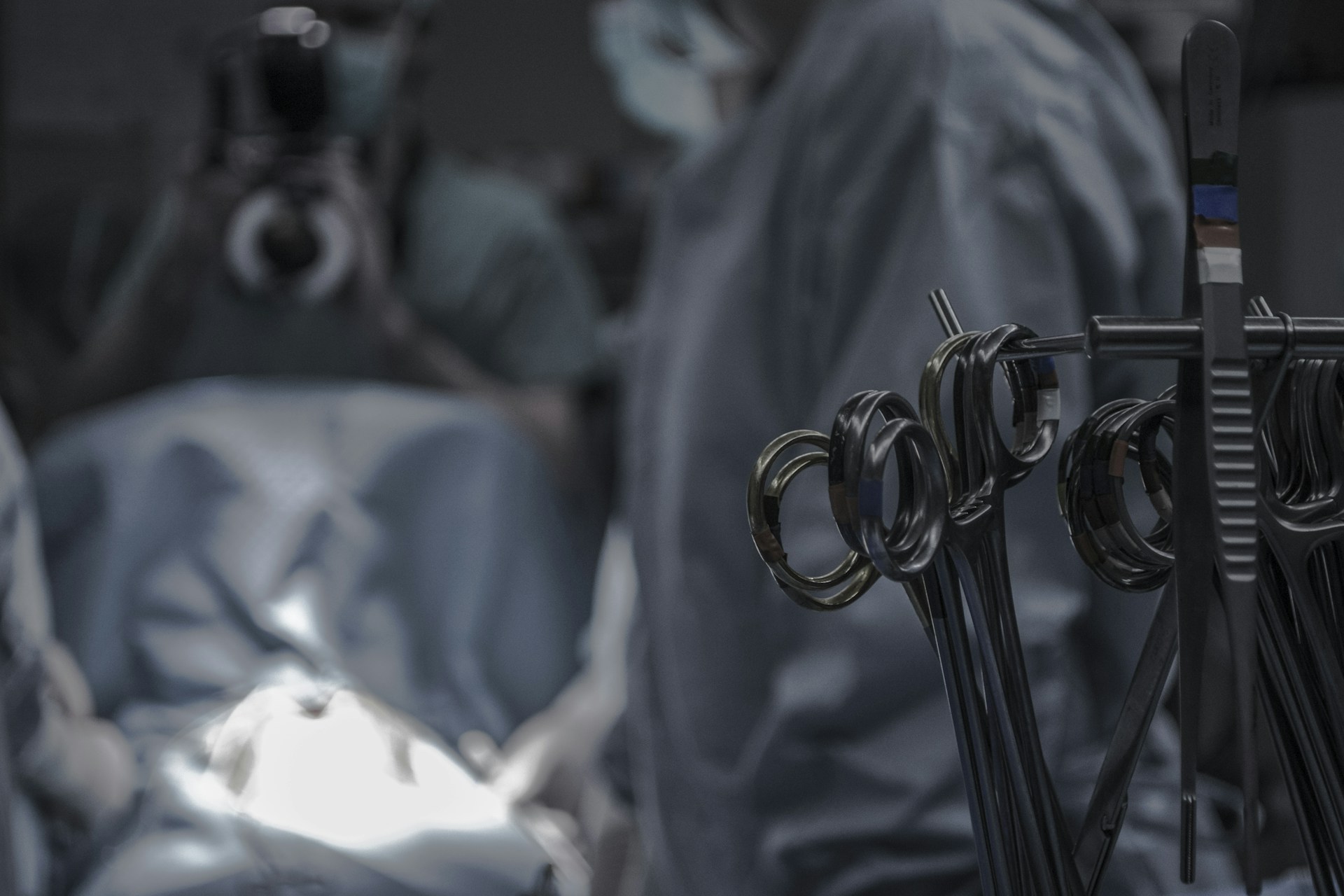
Watch: Expert Insights on GI, HPB & Thoracic Cancer
Reach out for expert consultations on cancer surgery and treatments
Dr. Abhishek Gangopadhyay
Best GI, HPB & Thoracic Cancer Surgeon Expert in Robotic & Laparoscopic Oncology
+91 94743 30790
© 2025. All rights reserved.
Contact
